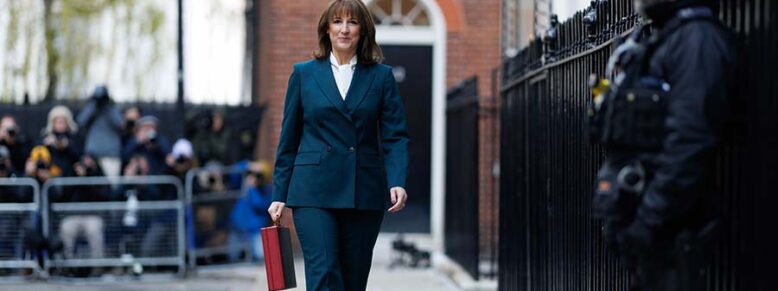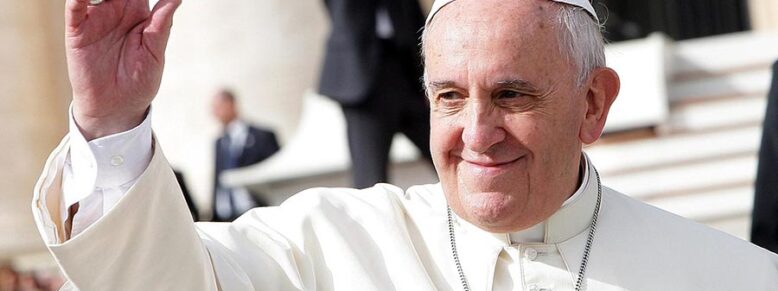Business ethics and the common good



On the website www.catholicsocialthought.org.uk, there is a set of videos that introduce Catholic social thought and teaching. We continue featuring those videos on the blog with the video on Principles of Catholic Social Thought and Teaching which focuses on the four pillars of human dignity, the common good, solidarity and subsidiarity. These are also available in Portuguese .
Read more >>
“The Polycentric Republic”, published this year by Routledge, shows how modern ideas of governance neglect the interests and prerogatives of non-State associations and legitimate an imposing sovereign state that jeopardizes the freedom and integrity of communities and associations. In the book, David Thunder invites us to reimagine civil order in a way that is more friendly to the diverse interests and prerogatives of non-state communities and organizations, from churches, schools, and universities to farming co-ops, businesses, villages, and towns.
Read more >>
Providing Christian commentary on the recent budget is not especially easy. There was a measure to remove the two-child cap on Universal Credit payments that was welcomed by many Christians. But the rest of the budget was really a collection of bits and pieces as well as deferred tax rises on which it is difficult to provide a Christian analysis.
Read more >>
The topic of fraternity was covered in a post shortly after the death of Pope Francis. It is worth revisiting, especially following Pope Leo’s apostolic exhortation Dilexi te, though this was drafted before that document was issued. The starting point for this post is the question “how might Catholic social teaching affect our everyday lives?”. In particular, I want to consider how it might affect all our everyday lives, not just those involved, for example, in political lobbying.
Read more >>
To know whether compassion is under threat, we need, firstly, to define it. In the Christian tradition, compassion means to “suffer together with”. It involves entering into the suffering of another. There are classic Christian examples of compassion. Mary shared her son’s agony at the foot of the cross. The Good Samaritan provided the financial means and put himself at considerable physical risk to help the person who had been robbed. St Maximillian Kolbe substituted himself for a condemned father in Auschwitz and, as a result, was condemned to starvation himself, though he actually suffered death from the injection of carbolic acid into his veins.
Read more >>
In the coverage of the passing of Pope Francis to eternal life, surprisingly little has been said about an important aspect of Pope Francis’s social teaching – fraternity. This was the theme of his second social encyclical, Fratelli tutti. It is an important theme because it links the pastoral, spiritual, theological and social teaching of the late pope. The title of Fratelli tutti in English is “Brothers All”, and it is subtitled “On Fraternity and Social Friendship”.
Read more >>
I wonder how many of us know what our carbon footprint actually is? The average for those of us in the UK is around 6.0 tonnes of greenhouse gases (GHG) each year (Our World in Data) For comparison, it’s 6.76 tonnes globally and 17.7 tonnes in the US and 9.8 in China.
Read more >>
In the first part I wrote about the situation of families that do have children. However, have you thought recently about how old the population looks when you go out onto the street? This is not just because people are living longer. Where are the prams, pushchairs and babies? Pope Francis has talked about how we are moving towards a “demographic winter”.
Read more >>
The family is a much-neglected topic in political discourse – even amongst Christian members of parliament. And, even where politicians are supportive of the family, they do not seem to be able to express an over-arching narrative that ensures that the family forms the focus for political decision-making.
Read more >>